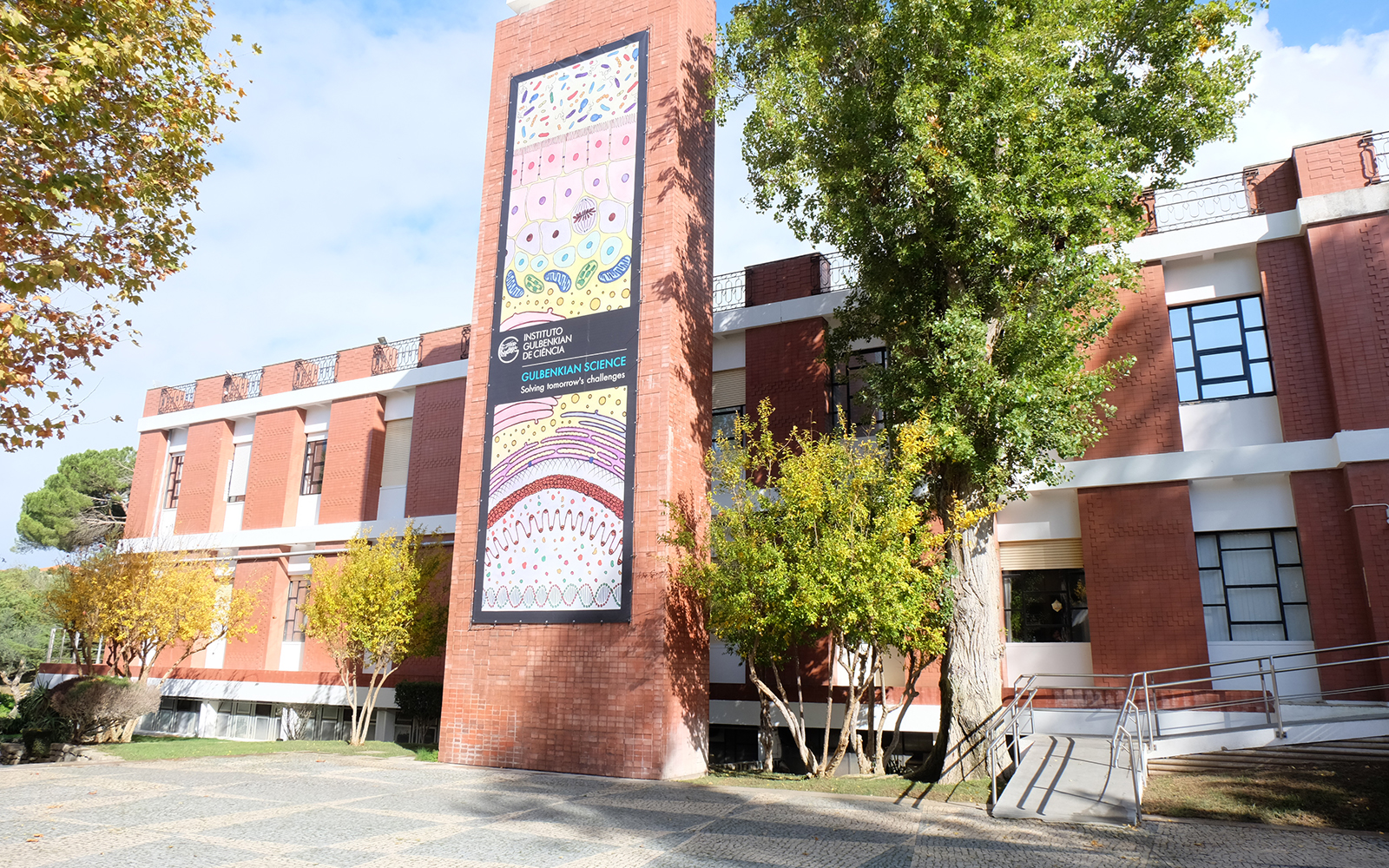Integrating niche evolution with life history theory can help us better understand the consequences of climate change
Event Slider
Date
- / Cancelled / Sold out
Location
Virtual RoomSeveral seminars are held weekly at the Instituto Gulbenkian de Ciência, an initiative that aims to bring together all researchers around the topics under discussion.
The sessions, with internal researchers or guests, contribute to stimulate the open and extremely collaborative culture of the IGC.
You can read the abstract of this seminar to learn more about it.
Life history theory aims at understanding how characteristics of organisms change through their life and the major events that structure their life cycle. Theory about the evolution of the ecological niche aims at understanding why adaptation to some habitat or resources fails, limiting the species distributions. Those areas of research have developed mostly as separate fields. Yet both types of questions are concerned with feed-backs between population dynamics and evolution. Both questions also require considering heterogeneous populations where not all individuals make the same contribution to population growth, either because they have different ages, sizes, live in different habitats or different locations in space. In this talk, I will illustrate how integrating these different bodies of evolutionary theory helps better understanding the constraints of adaptation to climate change in long-lived organisms. Adapting a a changing climate requires either tracking its favorable climatic niche through space or evolution of different niche limits to persist locally. Using several theoretical models, I will show how the life cycle of organisms, and in particular the relative sensitivity to climate change of young and old individuals, affects the speed of adaptation to climate change, and in return how the adaptation to a changing environment modifies the life cycle of populations exposed to climate warming. such models shed in particular a different light on the evolution of aging and on the many uncertainties about the consequences of climate change on biodiversity.
SPEAKER
Ophélie Ronce
Institute of Evolutionary Sciences in Montpellier, France

